Water Safety for Kids
The 5 Layers of Protection
On hot summer days, it can be hard to resist staying away from swimming in water. Learning to swim can be exciting for most children, yet it can also be scary for parents. Ensuring you and your child learn about water safety is essential for water activities.
While summer brings to mind days spent in pools and on the lakes, it's important to remember that water safety is a year-round concern. We encourage families to maintain their awareness and vigilance about water safety, regardless of the season.
ReadNPlay for a Bright Future is a collaborative initiative led by ETSU Health Pediatricians to support families to Play More, Play Together, Play Safe, and Fuel to Play!
According to the American Academy of Pediatrics (AAP) drowning is the single-leading cause of death among children aged 1-4, and a top cause of death among teens. There are several steps parents can do to start learning about water safety. Prevent the tragedy of drowning by implementing The 5 Layers Of Protection by the National Drowning Prevention Alliance (NDPA). Whether it's a pool, bathtub, or any body of water, immediate action is crucial. This is why the 5 Layers of Protection are vital to protecting your loved ones.
Through ReadNPlay, our ETSU Health Pediatricians emphasize the NDPA's 5 Layers of
Protection to promote water safety for children in our region.
1. Barriers & Alarms
If you briefly turn your head and eyes off a child, they will take off quickly and quietly. Therefore, barriers around a pool should be in place, and an alarm system should be installed when supervising a child.
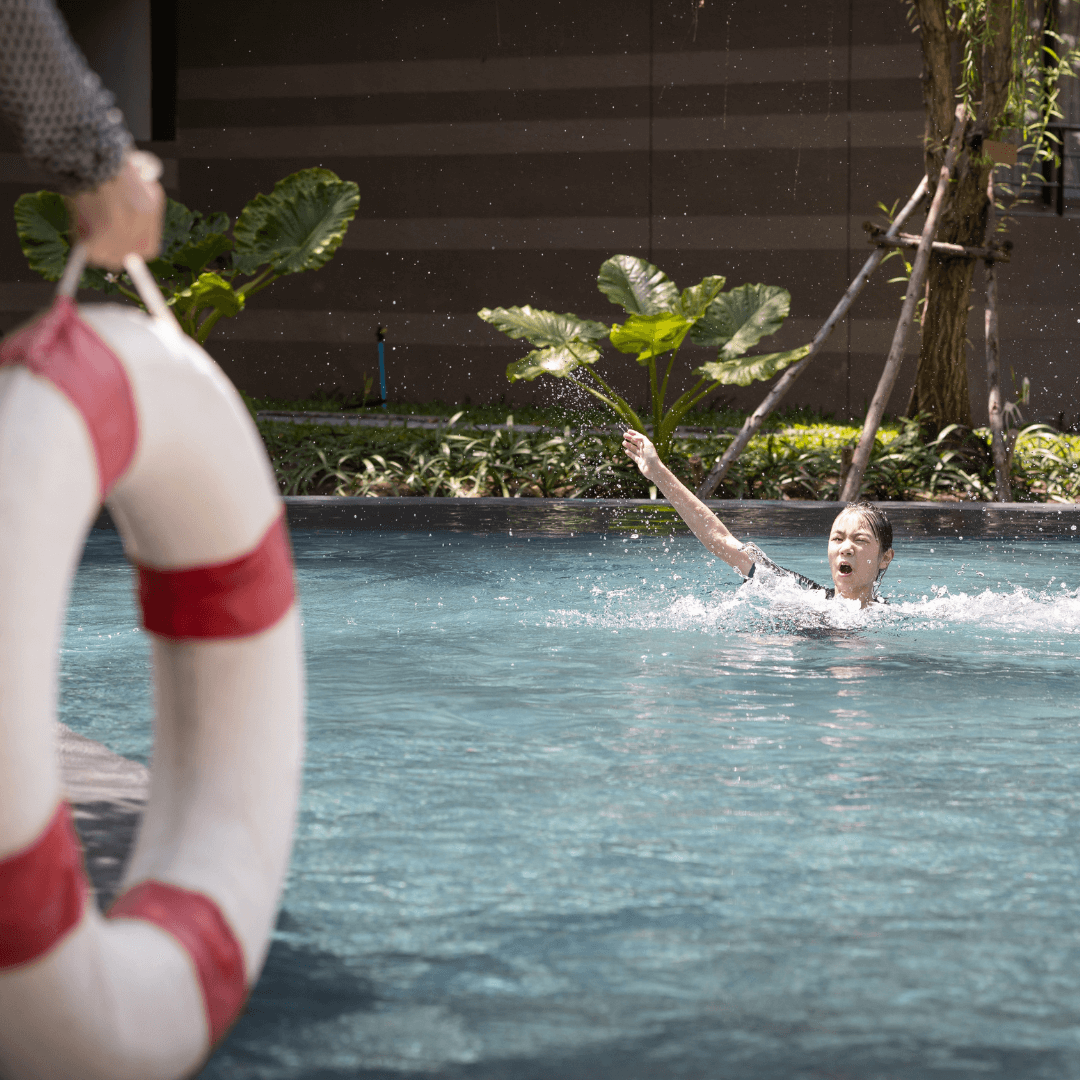
2. Supervision
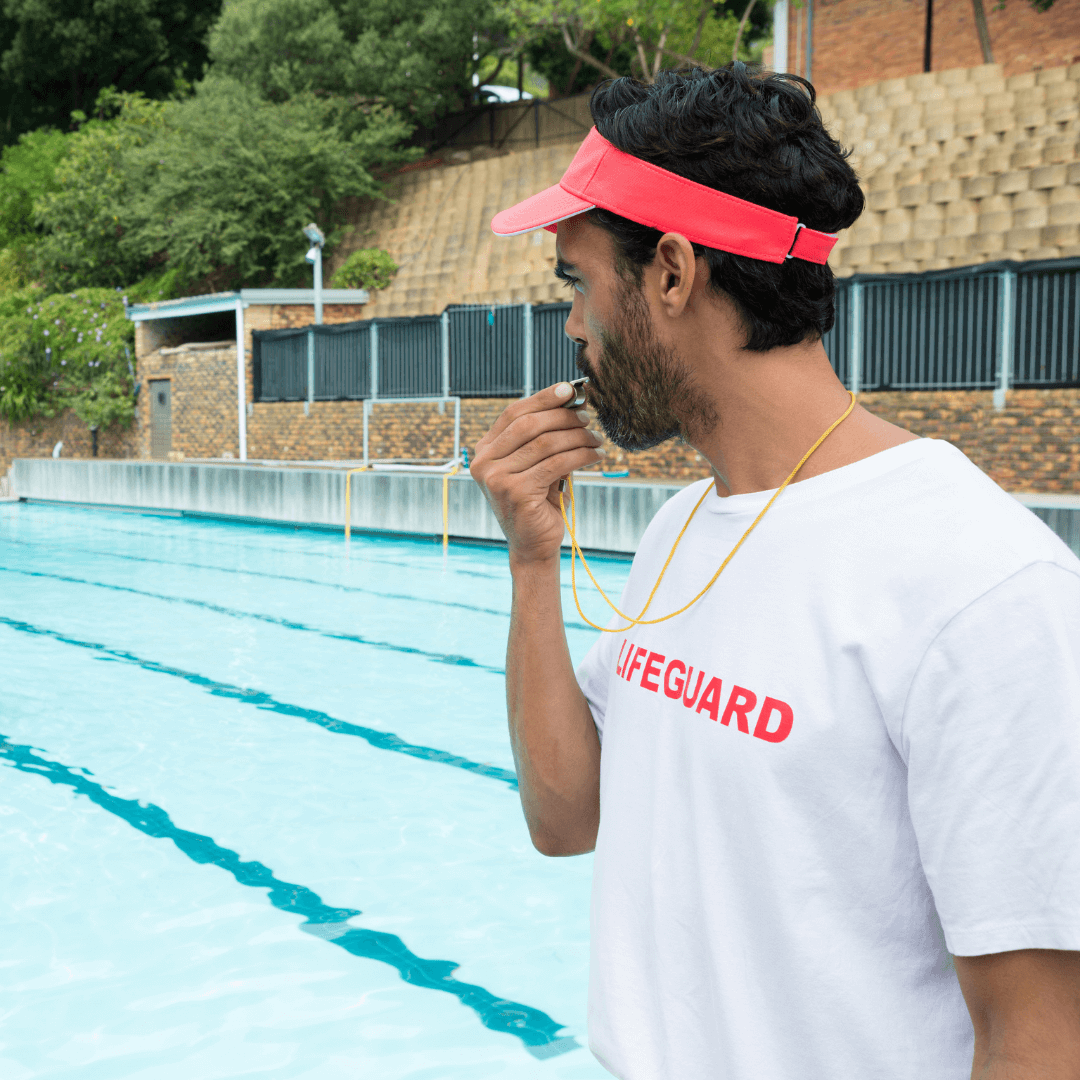
When there is a body of water around, there should always be a lifeguard on duty or an adult supervision.
3. Water Competency
Children should be skilled in protecting themselves by learning and enhancing their basic water safety skills.
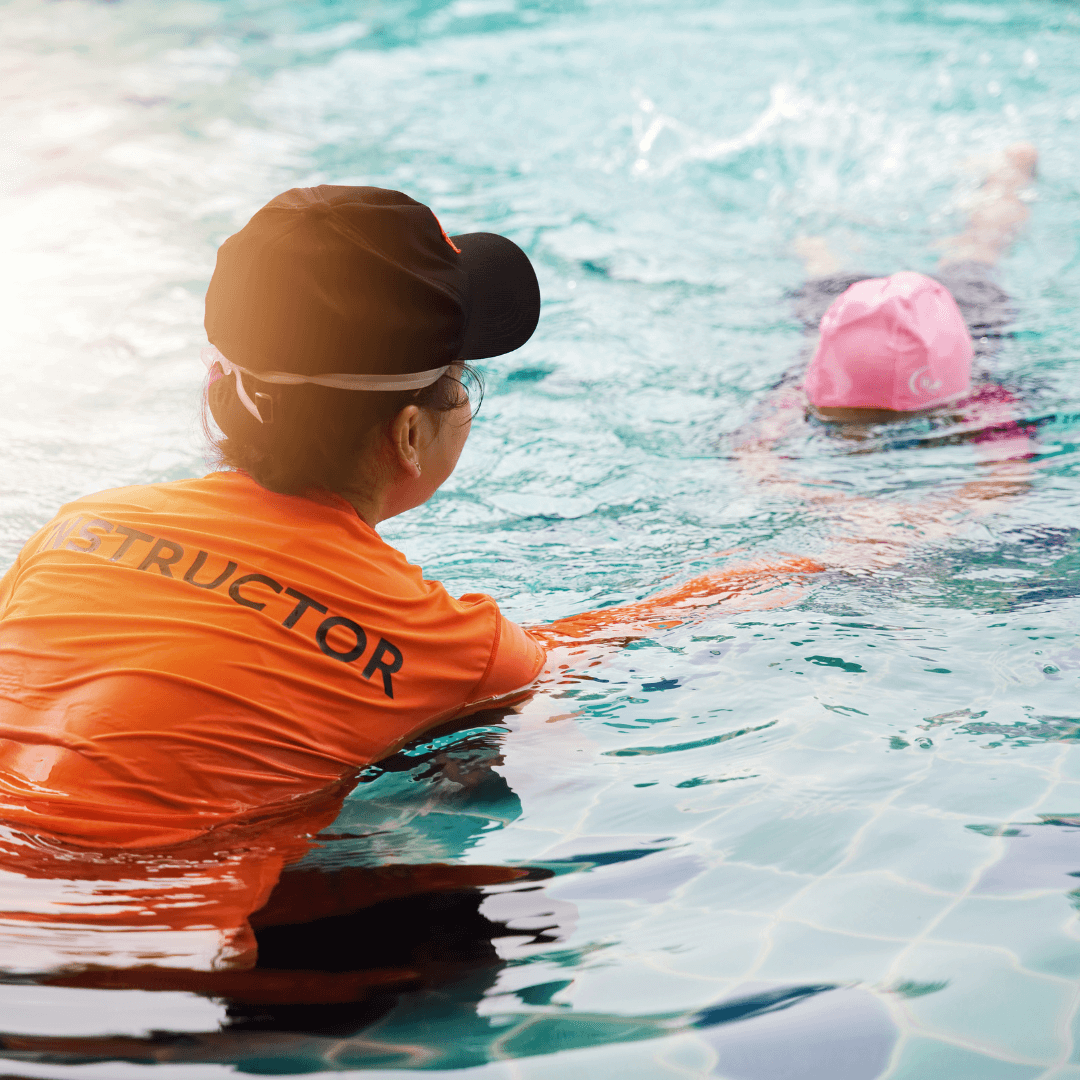
4. Life Jackets
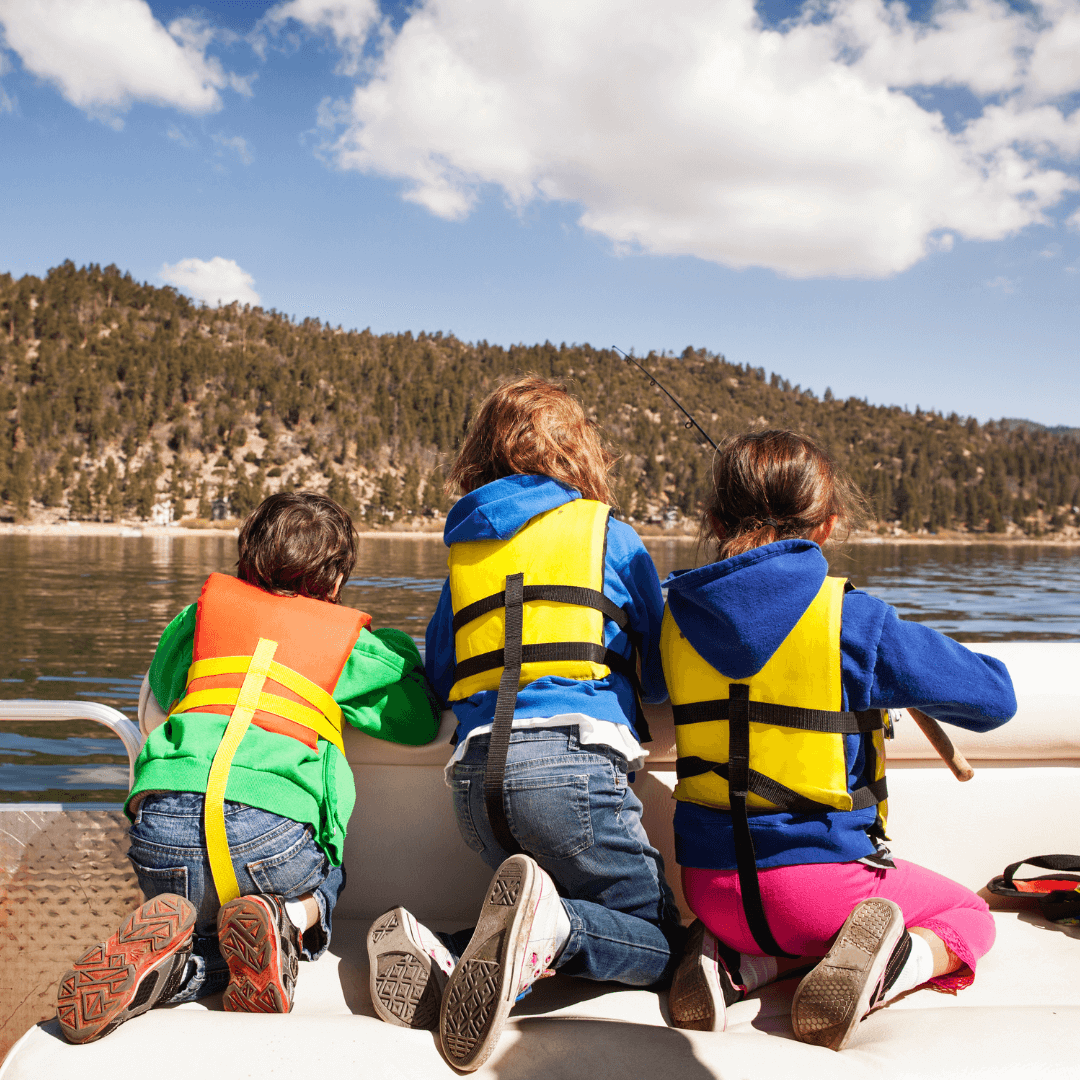
Children who do not know how to swim or are not strong enough to swim alone should wear life jackets. While everyone should wear a life jacket, in Tennessee, children 12 years of age and younger are required by law to wear a U.S. Coast Guard-approved life jacket when boating.
5. Emergency Preparation
It is always good to know what to do in an emergency, anywhere you are—whether that means learning how to perform CPR on a child or having a phone ready to call 911.
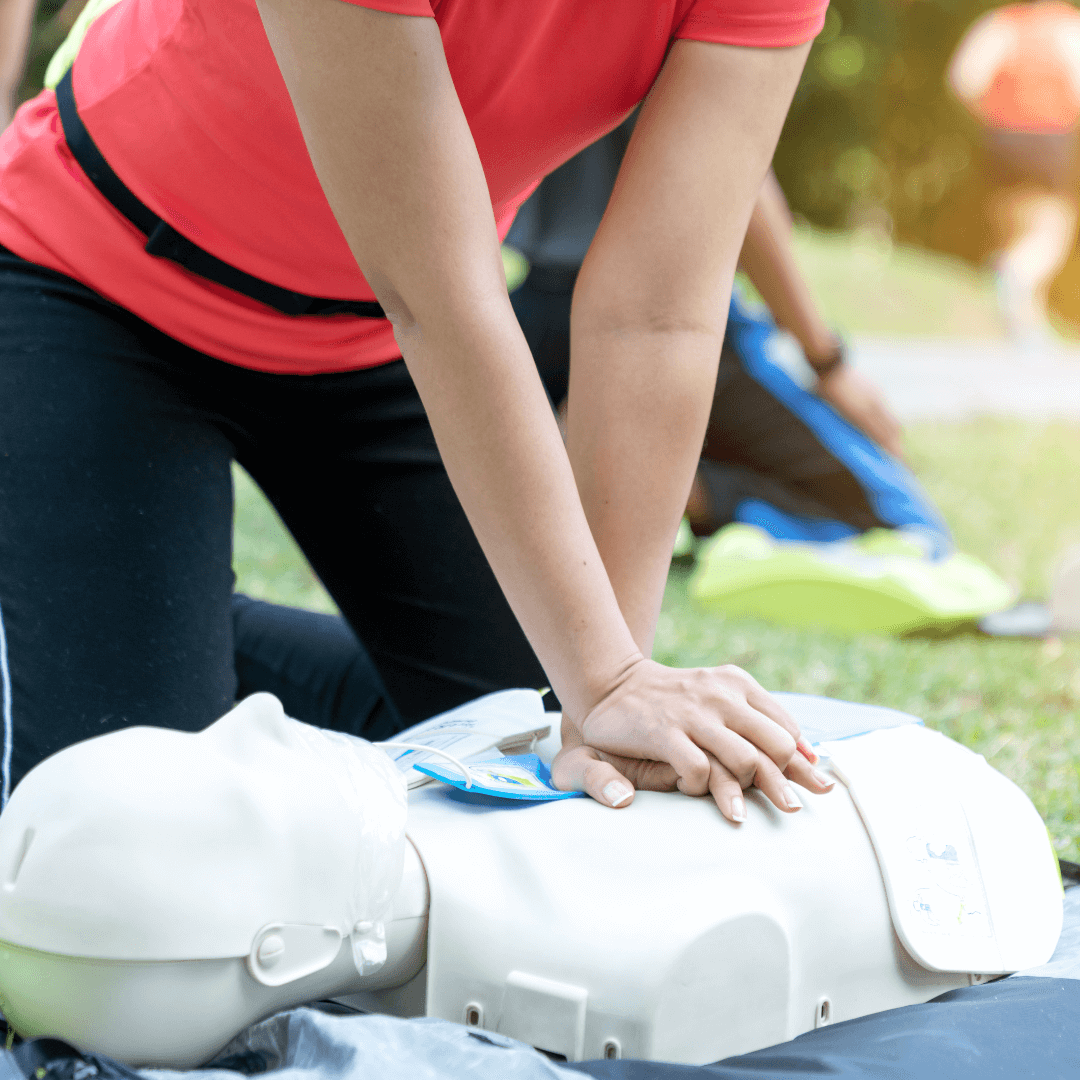
Teach children and teens to never swim alone. Stay within arm's reach of your baby
or child when in or near the water. When gathering with friends or family, assign
an adult to be a designated water watcher. Swim lessons at an early age can help prevent
drowning. In our region, lessons are available for all ages. There are even survival
swim lessons for infants.
At community outreach events and local schools, faculty, staff, residents, and students engage with thousands of families yearly throughout the Northeast Tennessee region. ReadNplay connects families with education, information, and resources in a fun and relaxed environment.